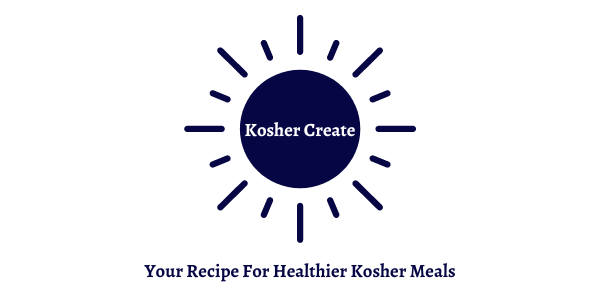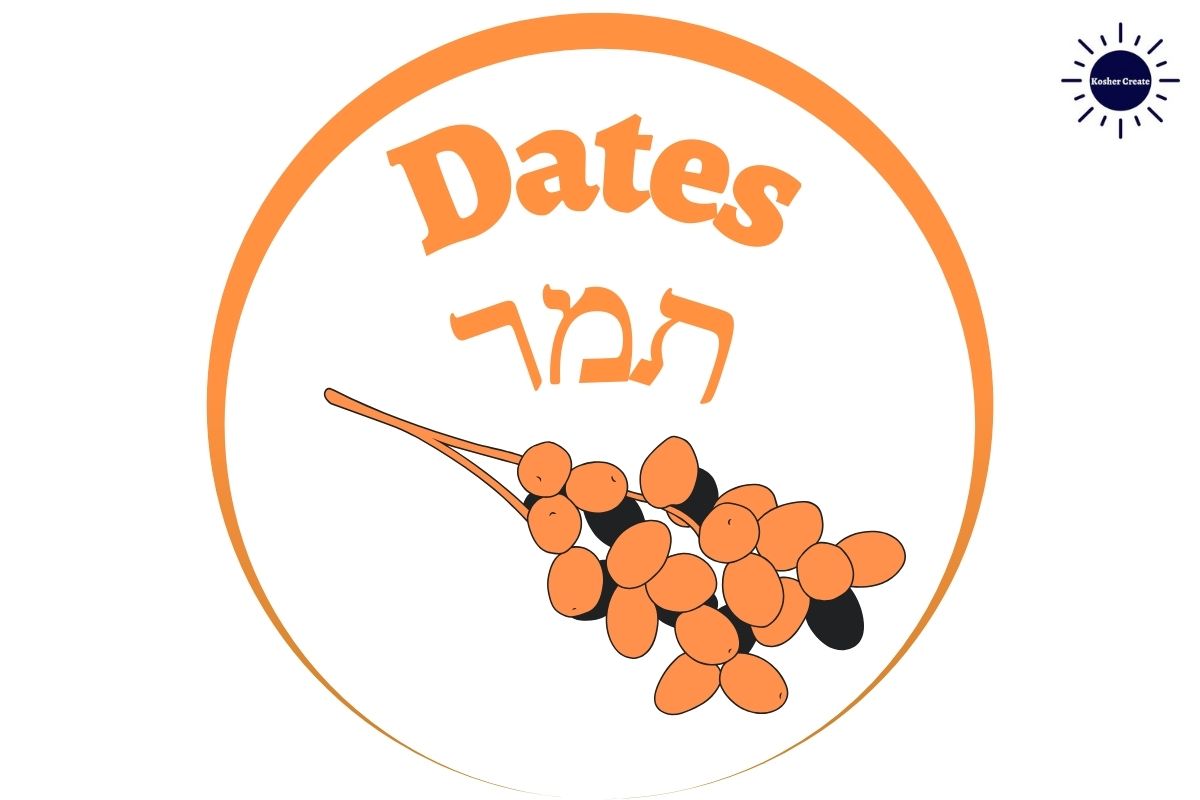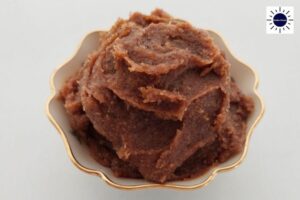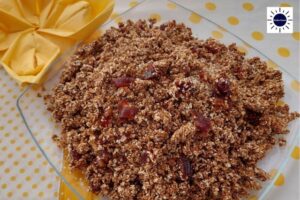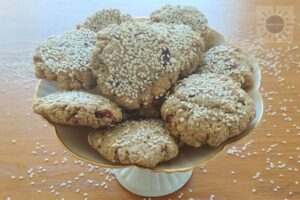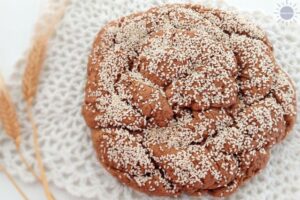The date fruit is one of THE 7 SPECIES listed in the Torah, the Jewish Bible. It was one of the acceptable offerings in the ancient Temple of Jerusalem and grew abundantly in the ancient land.
The date is blessed with nutrient-rich qualities and symbolizes abundance.
During Rosh Hashanah, it is customary, according to some traditions, to include dates among the Simanim, i.e., special blessings that are recited over a selection of symbolic foods.
The branches of date palm trees are traditionally used on the Sukkot holiday as a covering for the sukkah and for the symbolic lulav (Learn more about the lulav – one of the 4 species). Along with the rest of the 7 species, dates are also used as a decorative element in the sukkah (a temporary hut that is reminiscent of the ones used by the Jews on their way to the Land of Israel and commemorates their liberation from Egypt).
Dates are favored during the holiday of Tu Bishvat. They are also customarily used, according to some traditions, as a key ingredient in Charoset – Passover‘s anticipated delight that is displayed on the Seder Plate.
Grown on the beautiful palm tree, the clusters of fresh enticing dates are a sight to behold!
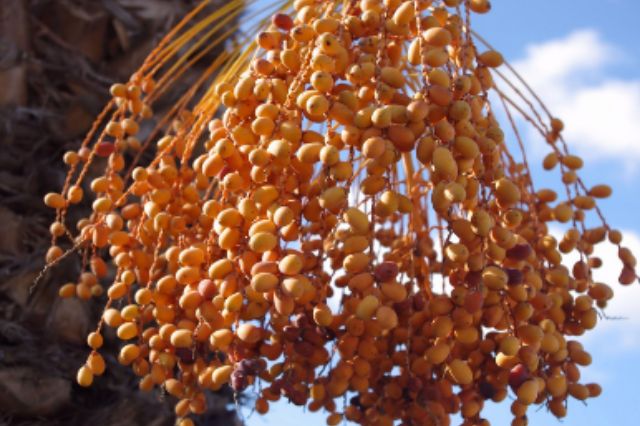
Dates can be eaten fresh or preserved. Their naturally sweet quality is a hallmark of the Mediterranean and the Middle Eastern cuisine.
Dry dates can be bought throughout the year. Pick a brand without preservatives. Dates are naturally sweet, so skip the added sugar. Some recipes call for silan – date honey, which is a staple Middle Eastern sweetener. Again, choose a brand without preservatives or added sugar.
Kosher Create offers a selection of delicious free recipes that feature dates. As always, the recipes include step-by-step instructions and clear imagery that will help you create unique delicacies.
Click on the images below to get to the recipes!
Date Walnut Spread – charoset
Date Hamantaschen – Wholegrain
Sesame Date Cookies – Made with Oat Flour
Wholegrain Spelt & Oat Challah – Vegan – Made with Silan
